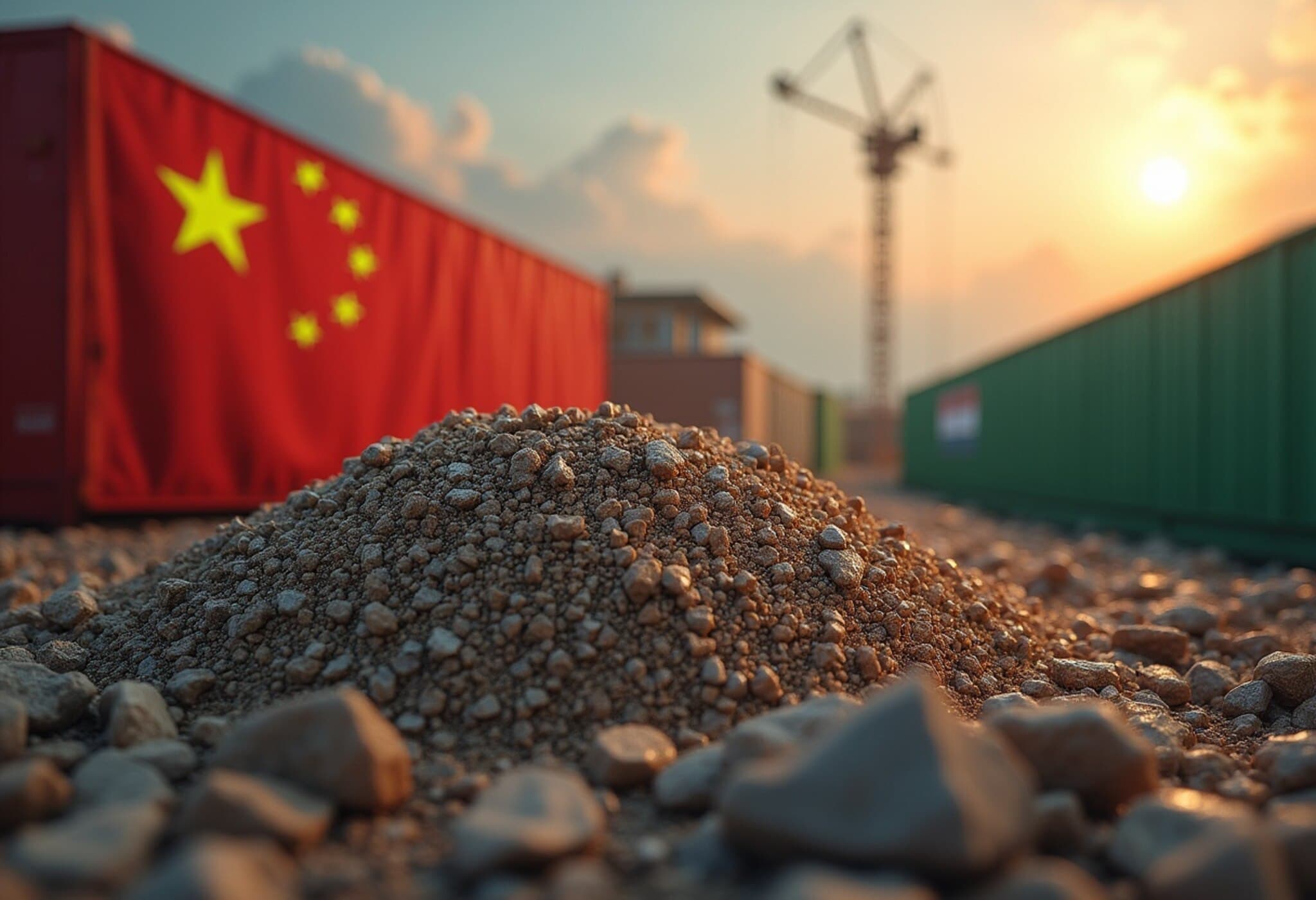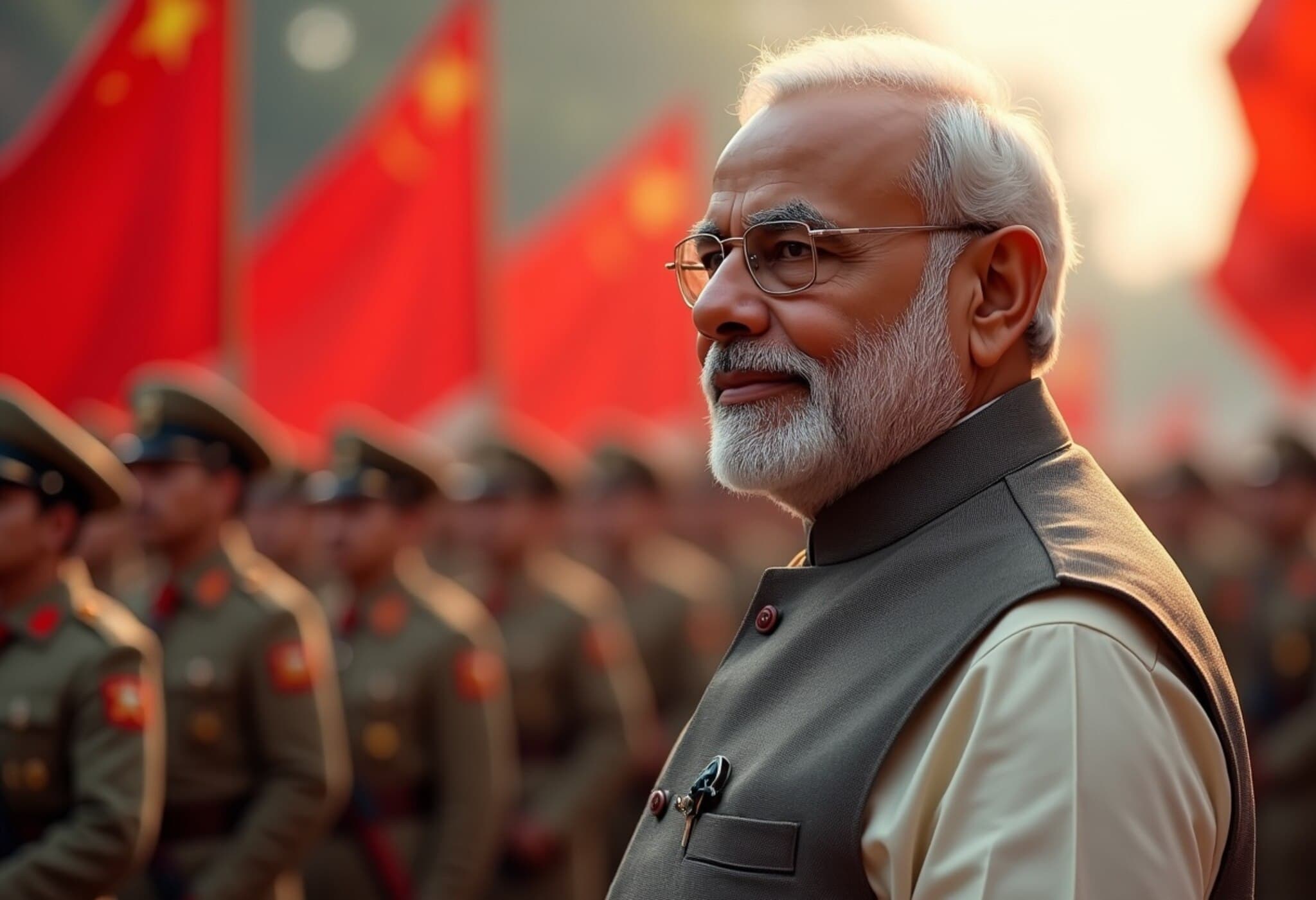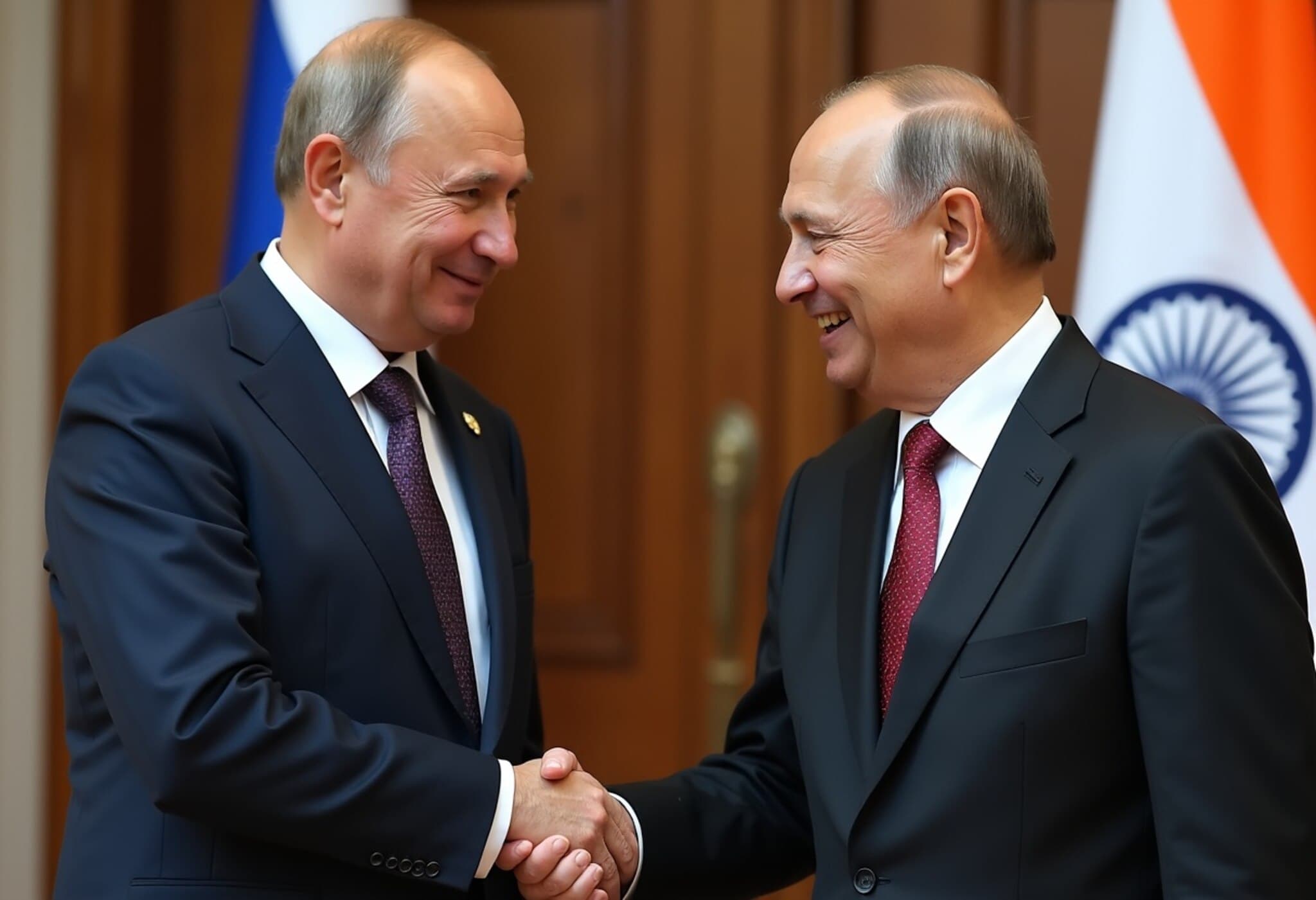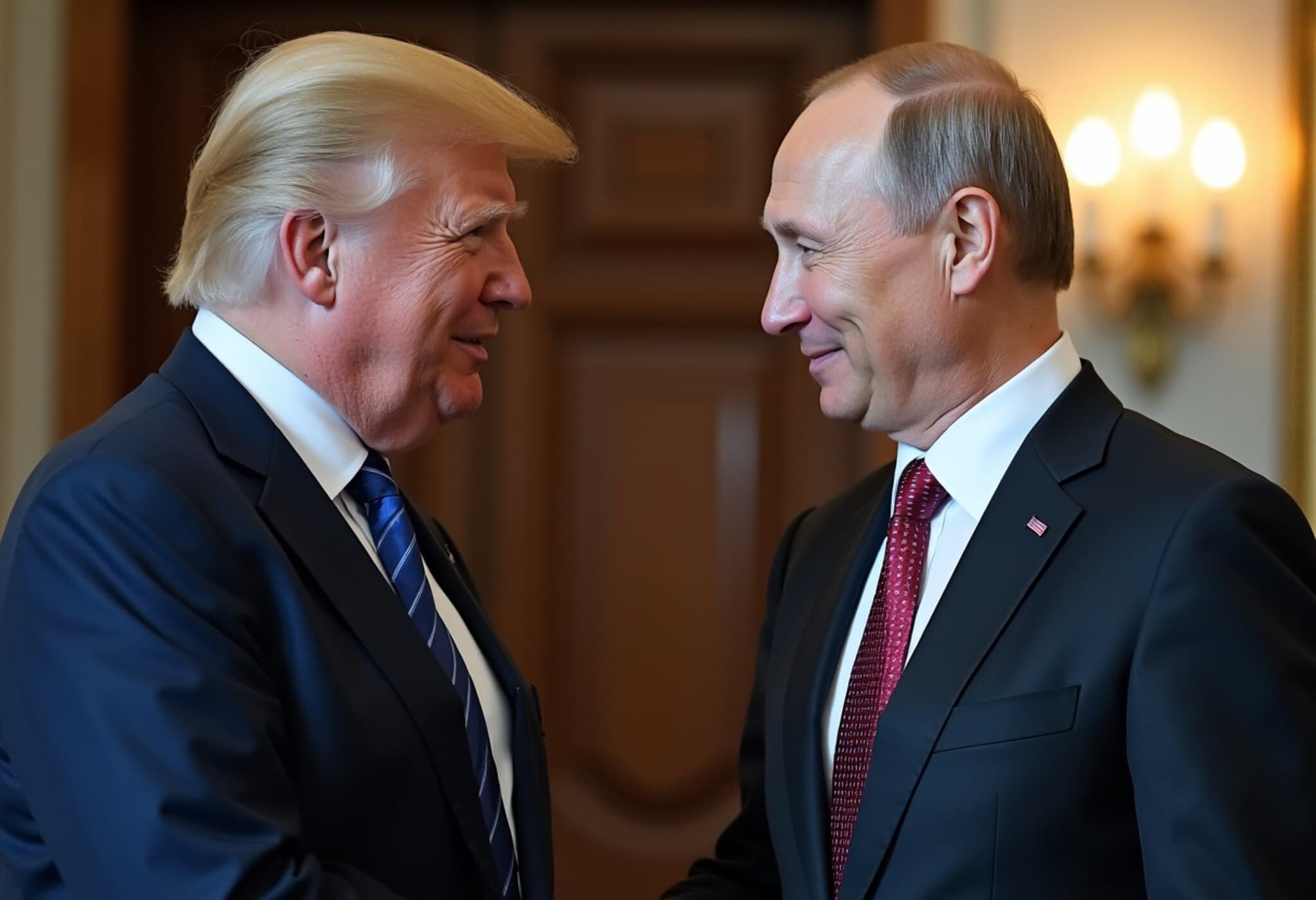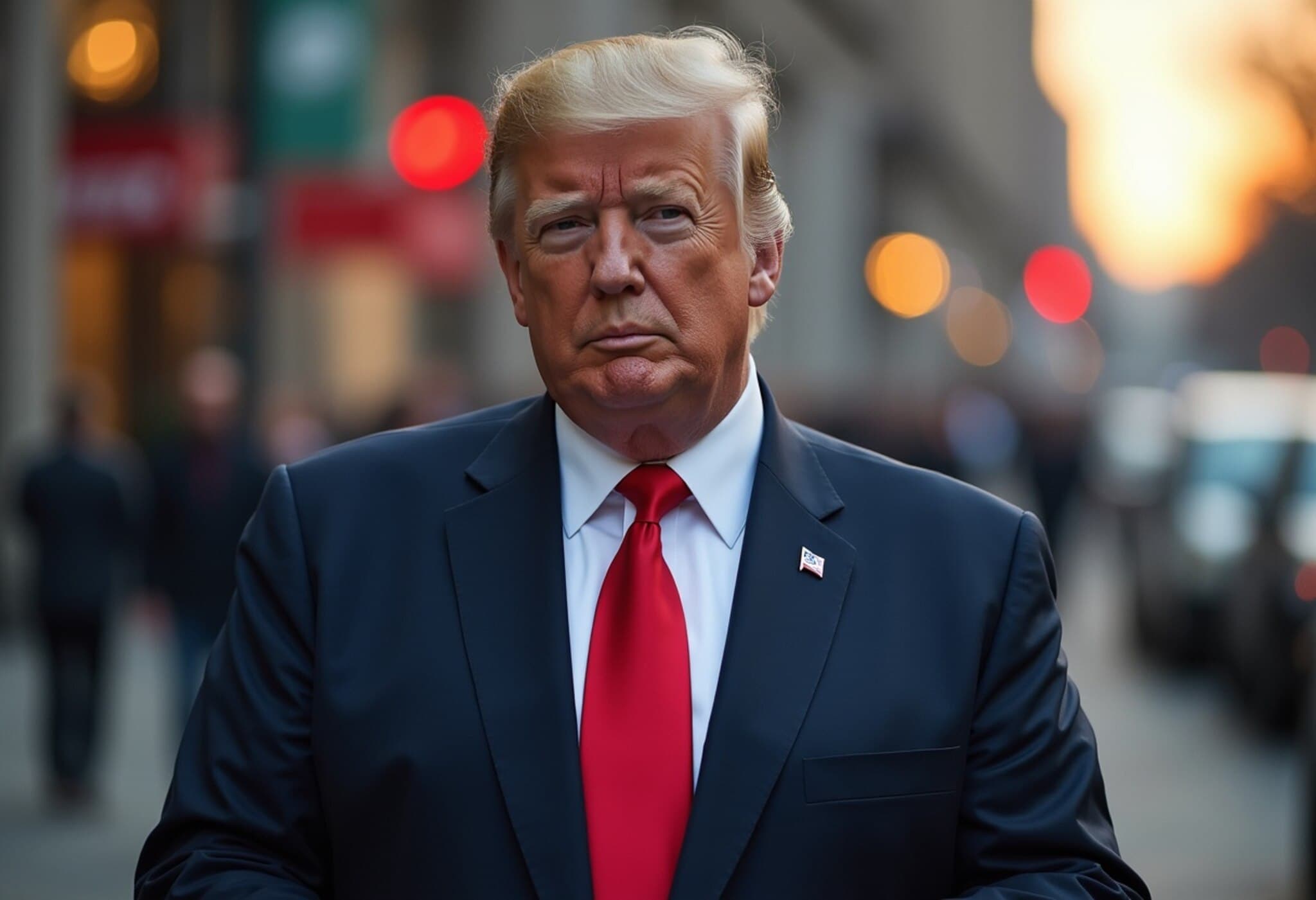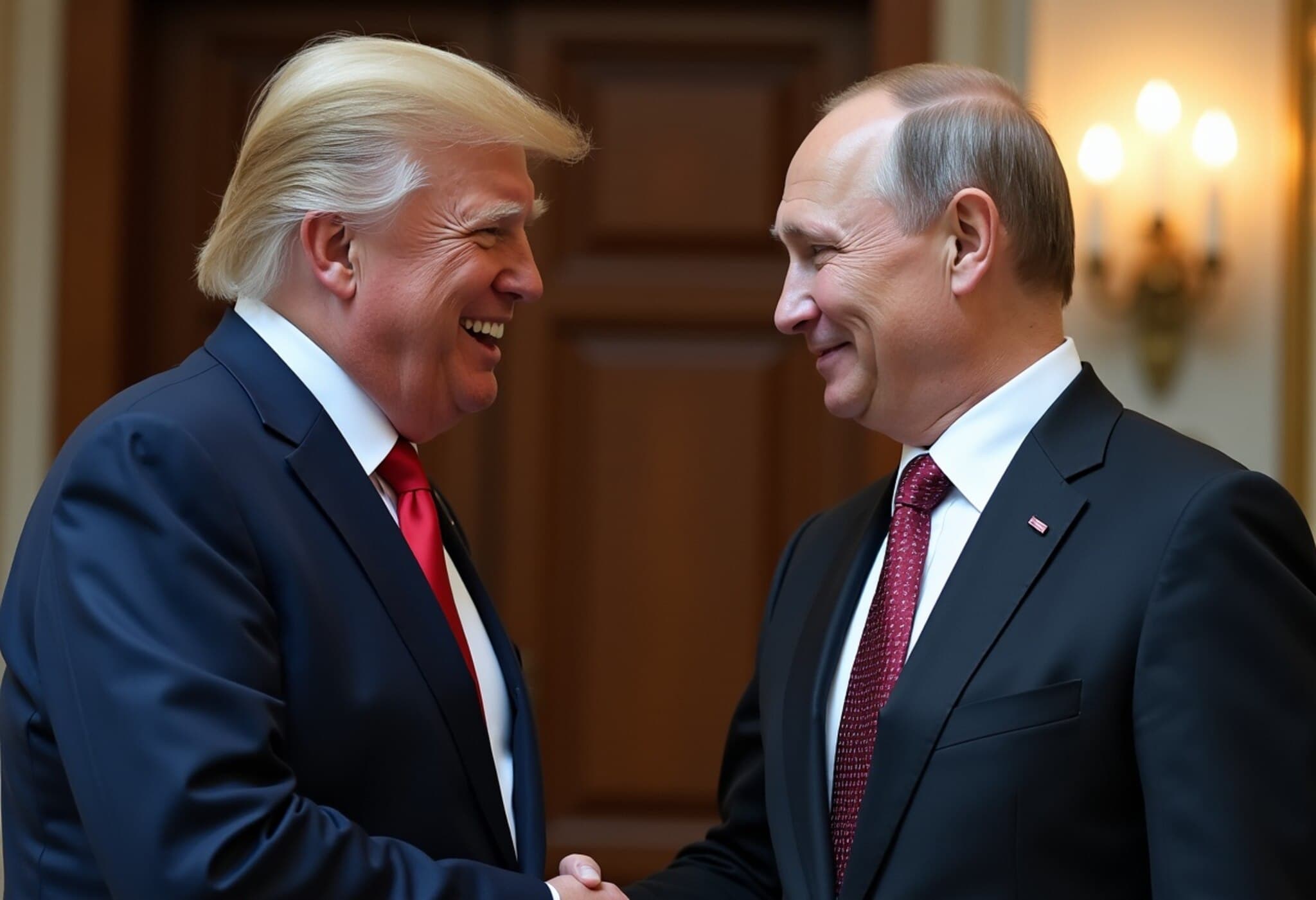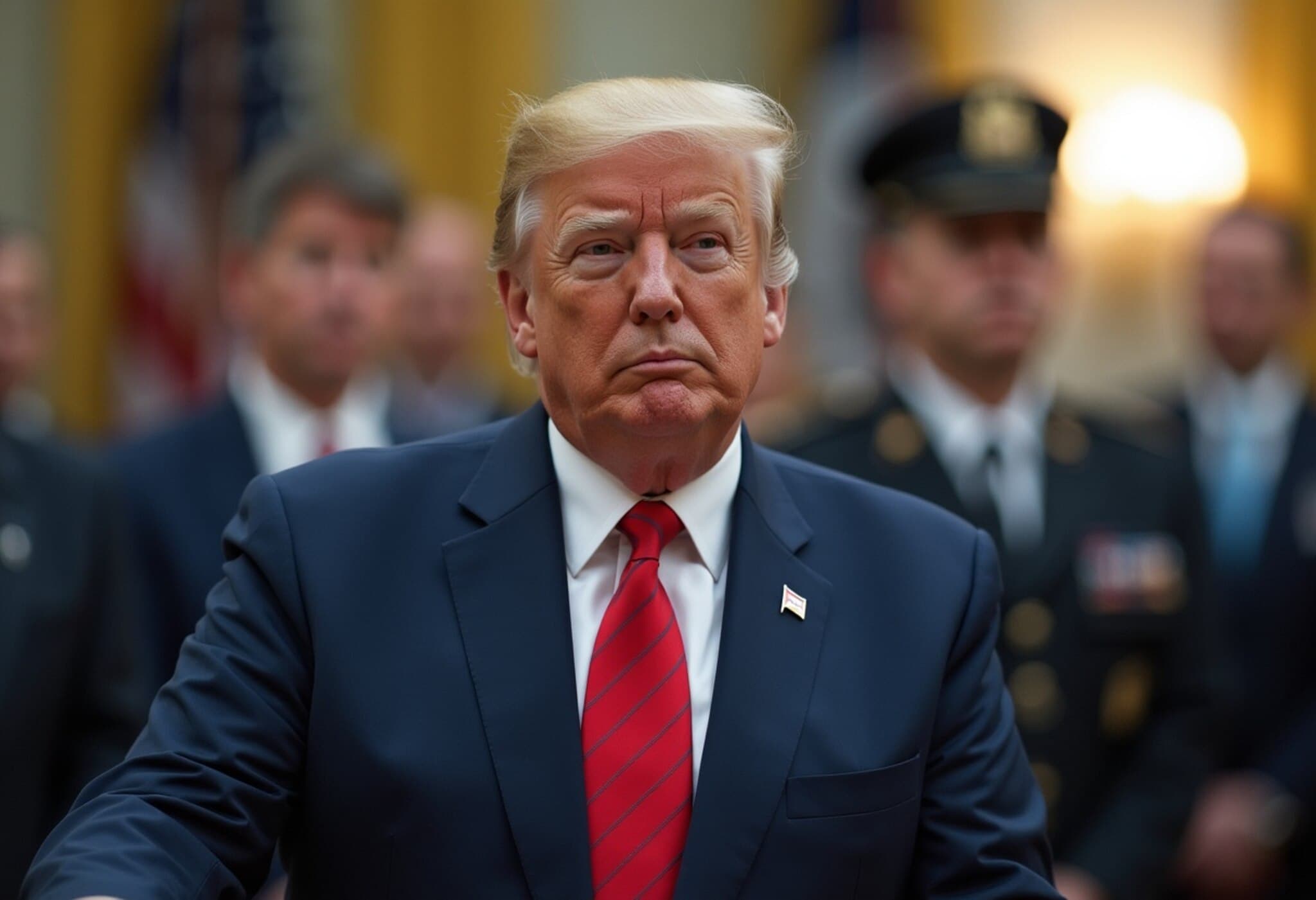China Commits to Resuming Crucial Exports to India
In a significant development aimed at thawing chilly ties, Chinese Foreign Minister Wang Yi assured his Indian counterpart, External Affairs Minister S Jaishankar, that Beijing is prepared to restart shipments of fertilisers, rare earth minerals, and tunnel boring machines (TBMs) to India. This announcement came during Wang’s visit to New Delhi on August 19, 2025, ahead of Jaishankar’s upcoming visit to Moscow.
Context Behind the Resumption
India and China’s relationship has been under strain following the deadly Galwan Valley clashes in 2022, which severely derailed bilateral cooperation and trade. In the aftermath, China curtailed exports of vital commodities such as urea, NPK, DAP fertilisers, rare earth elements crucial for electronics and automotive industries, and tunnel boring machines essential for India's expanding infrastructure projects.
This move to resume supplies reflects a cautious but welcome step toward stabilization. According to sources familiar with the discussions, Wang conveyed to Jaishankar that Beijing recognizes India’s pressing needs for these materials and is actively addressing the supply gaps.
Strategic and Economic Implications
- Fertiliser Supplies: China currently fulfills nearly 30% of India’s fertiliser demand. Given India’s agricultural dependence, resuming fertiliser imports is critical ahead of upcoming crop cycles to ensure food security and price stability.
- Rare Earth Minerals: These minerals are indispensable in manufacturing electric vehicles, consumer electronics, and defense technologies. India’s push to build domestic capabilities hinges on securing these imports reliably.
- Tunnel Boring Machines (TBMs): As India ramps up infrastructure investments including metro projects and highway tunnels, access to TBMs directly impacts construction timelines and costs.
Delicate Diplomacy: Skipping Boundary Issues for Now
Notably, the contentious boundary disputes along the 3,488-km Line of Actual Control (LAC) took a backseat during these talks. Officials reported that National Security Adviser Ajit Doval will address these in the upcoming Special Representatives’ dialogue scheduled for Tuesday. This approach underscores the complexity of disentangling security concerns from economic collaboration.
Clarifying India’s Stance on Taiwan
During the discussions, External Affairs Minister Jaishankar reaffirmed India’s consistent policy on Taiwan, emphasizing that New Delhi engages with Taiwan mainly in economic and cultural domains, aligning with international norms and avoiding provocative political stances.
U.S. Tariff Policies Cast a Shadow
While talks remained cordial, both sides acknowledged the ripple effects of U.S. trade policies, particularly tariffs introduced under the previous administration. These external economic pressures continue to influence how India and China navigate their bilateral trade and strategic decisions.
Expert Insight: What This Means for India-China Relations
From a policy analyst’s perspective, Beijing’s willingness to resume these exports signals a pragmatic recognition of mutual dependencies, even amid geopolitical frictions. Fertilisers and rare earth elements aren’t just commodities; they are strategic resources that directly affect India’s food security, technological ambitions, and infrastructure growth.
However, the deliberate omission of boundary issues during the talks highlights ongoing trust deficits. India’s reliance on China for crucial imports poses both an opportunity for confidence-building and a vulnerability, necessitating simultaneous efforts to diversify supply chains and develop indigenous capabilities.
Questions Moving Forward
- Will China’s resumption of exports lead to a substantive easing of border tensions, or is this primarily a tactical economic gesture?
- How will India balance the urgent need for these imports against the geopolitical imperative to reduce overreliance on China?
- Can these developments pave the way for broader engagement on regional security and trade frameworks that include other stakeholders like the U.S. and Russia?
Looking Ahead
As the dialogue continues with National Security Adviser Ajit Doval’s upcoming talks and Jaishankar’s planned visit to Moscow, all eyes will be on how India calibrates its diplomatic and economic strategies. The intersection of trade, technology, and security remains delicate but crucial for regional stability and India's long-term growth trajectory.

